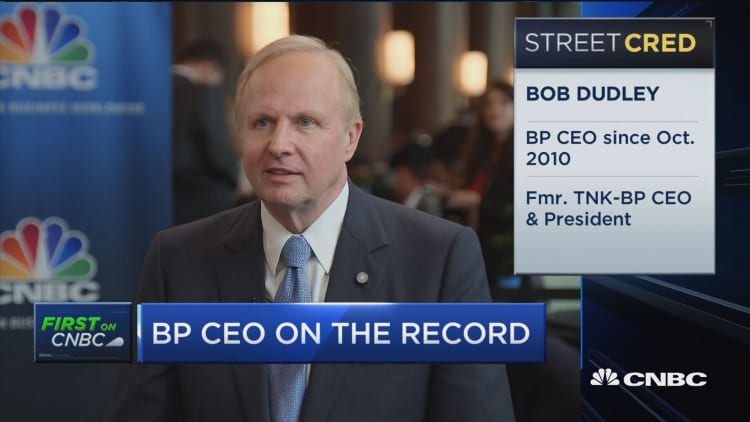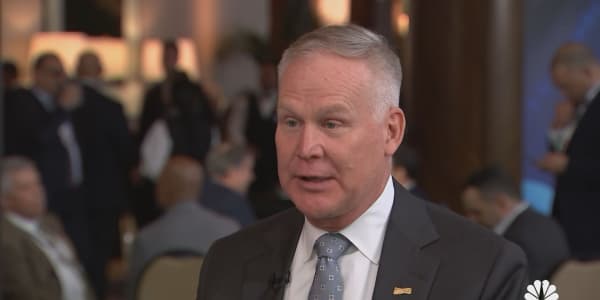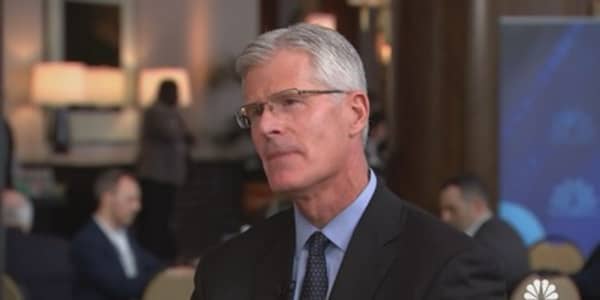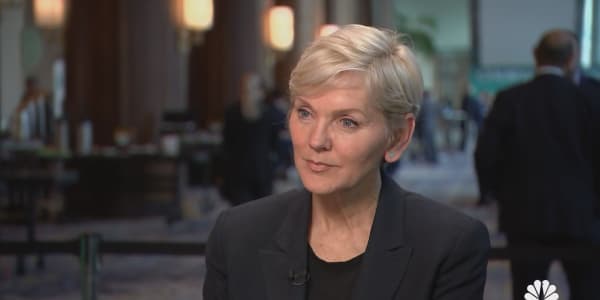
BP CEO Bob Dudley said OPEC plays a critical role in stabilizing world oil prices and NOPEC legislation under discussion in the House would have serious and unpredictable consequences for the world oil market.
The No Oil Producting and Exporting Cartels Act, or NOPEC, would make it illegal under U.S. law for foreign nations to work together to limit fossil fuel supplies and set prices. It would authorize the Justice Department to sue oil-producing nations for antitrust violations, by removing their sovereign immunity protections.
"I think the idea of opening global litigation against the OPEC countries has enormous unpredictable, unintentional consequences," said Dudley in response to a question at the annual IHS Markit CERAWeek annual energy conference in Houston. The legislation brought up in the House Judiciary Committee was a hot topic of discussion at CERAWeek. "I think reason will prevail," Dudley said.
Critics of the bill say it could backfire and create problems for U.S. companies operating in foreign markets.
A bipartisan group of Congressmen on the House Judiciary Committee cleared the bill for a full House vote. Before it could become law, it would have to pass the House, the Senate and then be signed into law by President Donald Trump.
"The role of OPEC in my view has kept the price of oil within a reasonable fairway for producers and consumers and I think that's the important role OPEC will continue to play," he told CNBC. "Otherwise you'll end up with enormous overproduction and crashes in the price. Then it will come back up and then it will soar because there's been underinvestment. I think that's the essential role that OPEC plays."
Others in the industry agree that the bill would be damaging.
"If that happens, it's a risk to anyone with assets in the U.S.," said David Goldwyn, chairman of the energy advisory board at the Atlantic Council.
OPEC Secretary General Mohammad Barkindo said he hopes the voices that oppose the legislation in both U.S. political parties are heard. He said the legislation would be bad for the industry and the U.S., which is the home of free markets.





